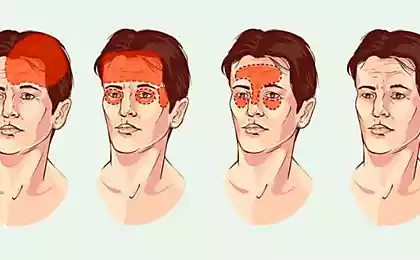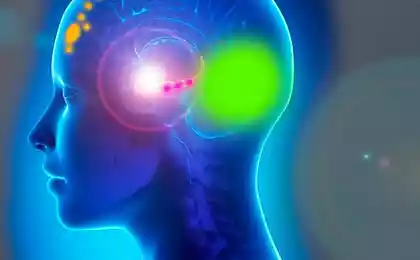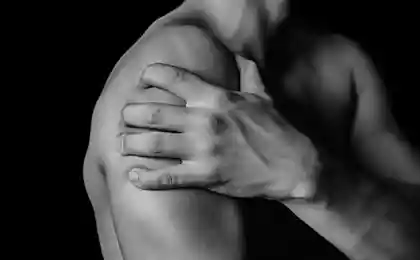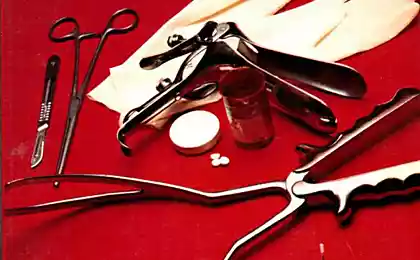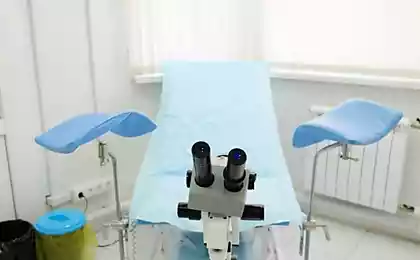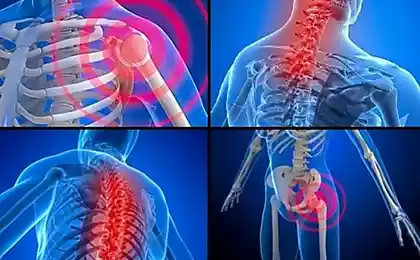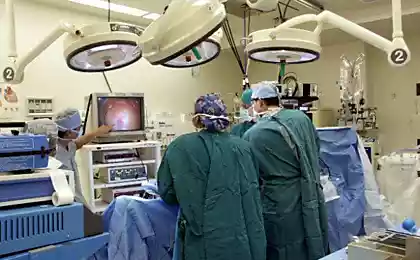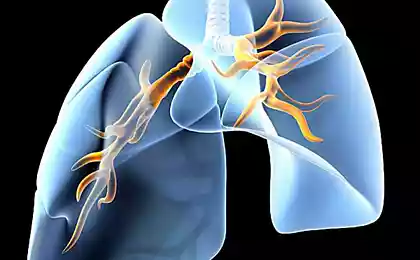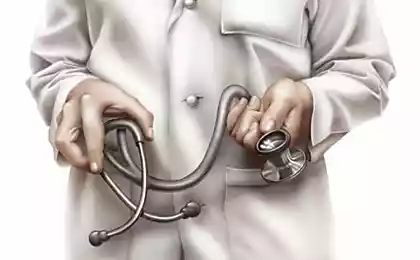149
Resuscitation: “Few people know about this!” Before the introduction of lidocaine, the doctor must ...
Everyone has heard about lidocaine without a doubt, because each of us has at least once been to the dentist, experienced the pain of anesthesia, girls did hair removal, and mothers saved babies from terrible pain during the eruption of baby teeth. On pharmacy shelves you can find solutions, gels, ointments and even patches with a miraculous anesthetic.
But is it as safe as it seems at first glance? Horror about the possible side effects of lidocaine We hear at every turn, and it is not only dizziness or tachycardia, but also about much more terrible consequences.
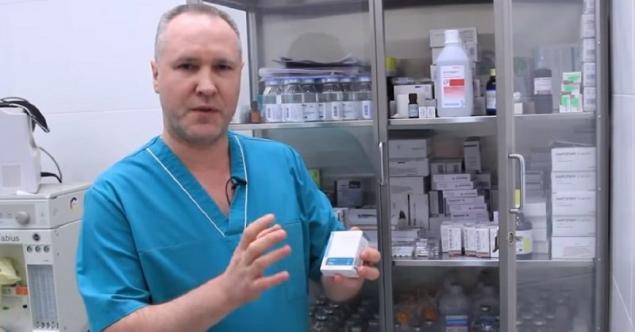
Editorial "Site" will tell about the features of each form of lidocaine produced in the domestic market, and how to use this anesthetic drug to avoid terrible consequences. It's important to know everyone!
Lidocaine is the most popular local anesthetic and an effective antiarrhythmic agent, which is widely used in cardiology and anesthesiology.
Scope of application
All kinds of sprays, gels and patches with lidocaine are as safe as possible, since the absorption of the drug from the surface of the skin is very slow. The concentration of the drug in the blood in this case is negligible, so the likelihood of critical reactions is minimized.
Lidocaine preparations in this form of release can be used without fear, which cannot be said. lidocaine in ampoules: when a large dose of the drug enters the bloodstream, allergic and toxic manifestations are expressed to a much greater extent, up to a lethal outcome.
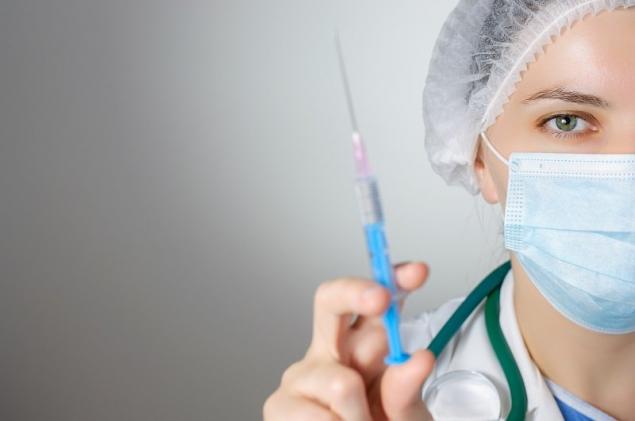
DepositPhotos
Side effects of lidocaine
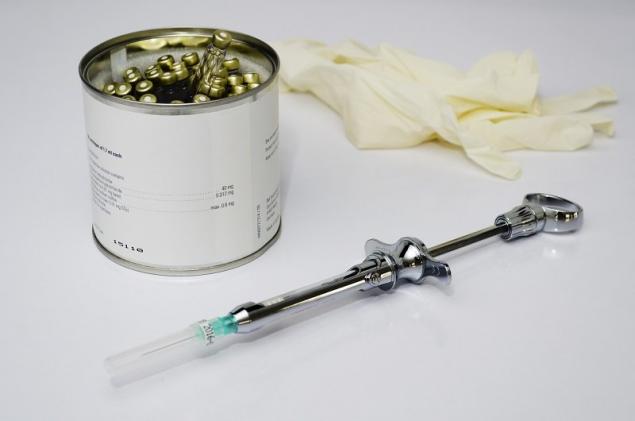
DepositPhotos
Anesthesiologist and resuscitator Mark Bakaushin explained why every doctor who uses in his practice lidocaine in the form of a solution for internal administration, must know the basics of resuscitation. The patient's life depends on it!
about:blank
Lidocaine is a good anesthetic that is highly effective, but it should be used with great care. With proper use of the drug, whether it is an injection lidocaine anesthesia Or an anesthetic patch, you can achieve excellent results in reducing sensitivity to pain.
Be sure to share this useful article with friends on social networks. Bless you!
But is it as safe as it seems at first glance? Horror about the possible side effects of lidocaine We hear at every turn, and it is not only dizziness or tachycardia, but also about much more terrible consequences.

Editorial "Site" will tell about the features of each form of lidocaine produced in the domestic market, and how to use this anesthetic drug to avoid terrible consequences. It's important to know everyone!
Lidocaine is the most popular local anesthetic and an effective antiarrhythmic agent, which is widely used in cardiology and anesthesiology.
Scope of application
- Cardiology
The drug is used in the complex therapy of various diseases of the cardiovascular system, such as heart attack, tachycardia, ventricular arrhythmia, as well as for stopping repeated ventricular fibrillation in acute coronary syndrome. At the same time, the drug and its dosage are prescribed exclusively by a specialist.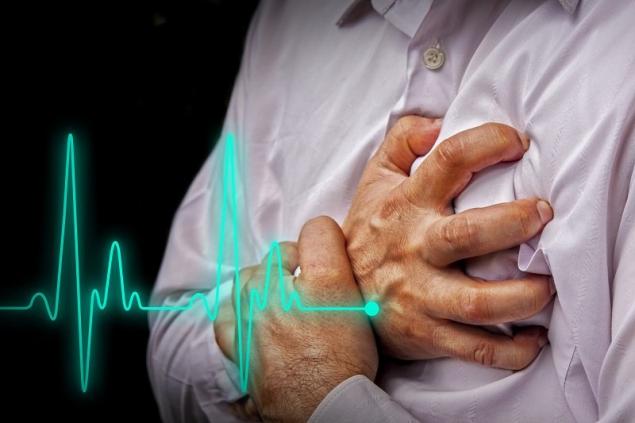
DepositPhotos - Dentistry
Although lidocaine is considered one of the first and most common anesthetics in dental practice, today doctors massively refuse this drug for a number of good reasons. First, getting a high dose of anaesthetic into the bloodstream during local anesthesia causes toxic and allergic reactions. up to anaphylactic shock. And secondly, the duration of such anesthesia is very short, which complicates the work of a dentist at times. Today, competent doctors have put lidocaine in a long box, preferring more modern and safe drugs for anesthesia. However, public clinics do not neglect this anesthetic, so patients need to be alert.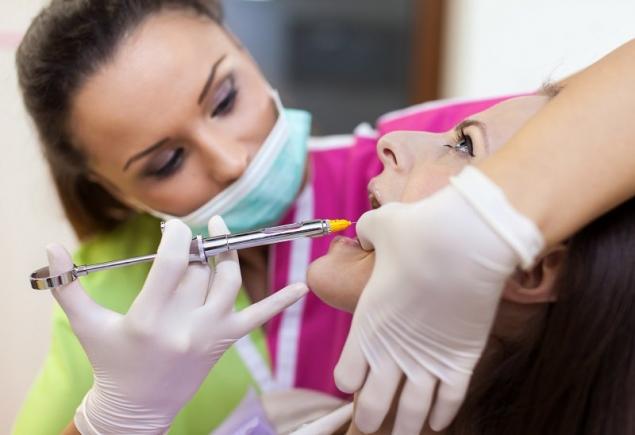
DepositPhotos - Cosmetology
In the fight against unwanted vegetation on the body, women resort to the most sophisticated procedures: it is not only a shaving machine, here you have waxing and shugaring. Such manipulations, as a rule, are very painful, so in cosmetic offices, lidocaine in the spray is a frequent assistant. The drug is used before the hair removal procedure, because it helps to significantly reduce the sensitivity of the skin for a less painful procedure.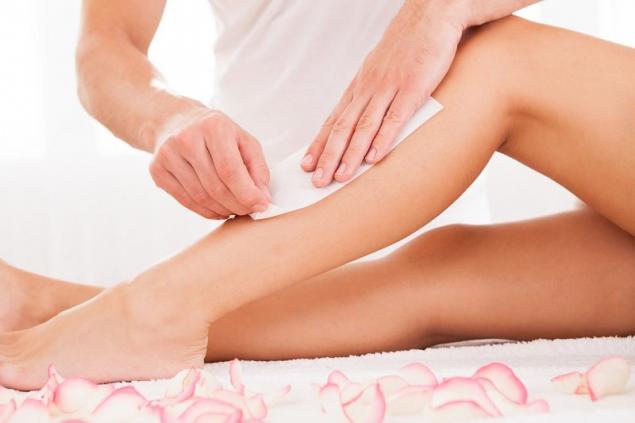
DepositPhotos - For men.
It is no secret that lidocaine is also used to raise carnal pleasures to a new level. All kinds of intimate lubricants to prolong male and female pleasure contain a well-known anesthetic. But in order not to spend money on expensive toys, men manage to use ordinary pharmacy lidocaine in spray as a quencher of excessive love passion. By the way, it is perfectly safe, but keep in mind that lidocaine and soap are incompatible things, so be careful when taking a shower after intimacy.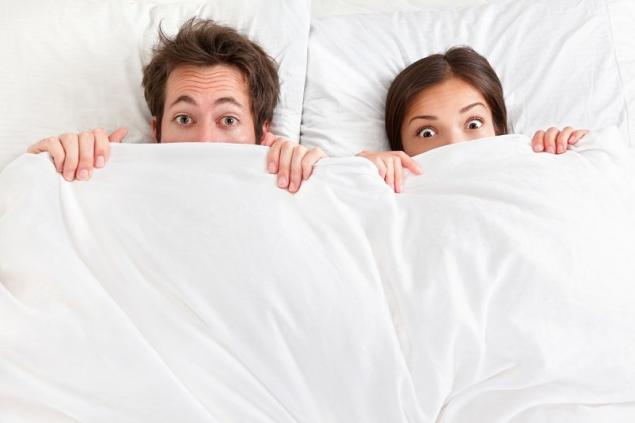
DepositPhotos
All kinds of sprays, gels and patches with lidocaine are as safe as possible, since the absorption of the drug from the surface of the skin is very slow. The concentration of the drug in the blood in this case is negligible, so the likelihood of critical reactions is minimized.
Lidocaine preparations in this form of release can be used without fear, which cannot be said. lidocaine in ampoules: when a large dose of the drug enters the bloodstream, allergic and toxic manifestations are expressed to a much greater extent, up to a lethal outcome.

DepositPhotos
Side effects of lidocaine
- Local reactions: erythema, tingling, swelling, loss of sensitivity.
- Allergic manifestations: hives, swelling, anaphylactic shock.
- Reactions from the central nervous system: excessive excitement, sweating, dizziness, blurred eyes, loss of consciousness, paralysis of the respiratory tract.
- Reactions from the cardiovascular system: bradycardia, myocardial malfunction, decreased blood pressure.
- In the case of an overdose with an anesthetic, the following symptoms occur: profuse sweating, blanching of the skin, dizziness, vision impairment, ringing in the ears, severe headache, tremor, anxiety, seizures and cardiac arrest are possible.

DepositPhotos
Anesthesiologist and resuscitator Mark Bakaushin explained why every doctor who uses in his practice lidocaine in the form of a solution for internal administration, must know the basics of resuscitation. The patient's life depends on it!
about:blank
Lidocaine is a good anesthetic that is highly effective, but it should be used with great care. With proper use of the drug, whether it is an injection lidocaine anesthesia Or an anesthetic patch, you can achieve excellent results in reducing sensitivity to pain.
Be sure to share this useful article with friends on social networks. Bless you!
Forex broker Alpari and the main criteria for its work
Why parent chats in Viber are worse than bitter radish




